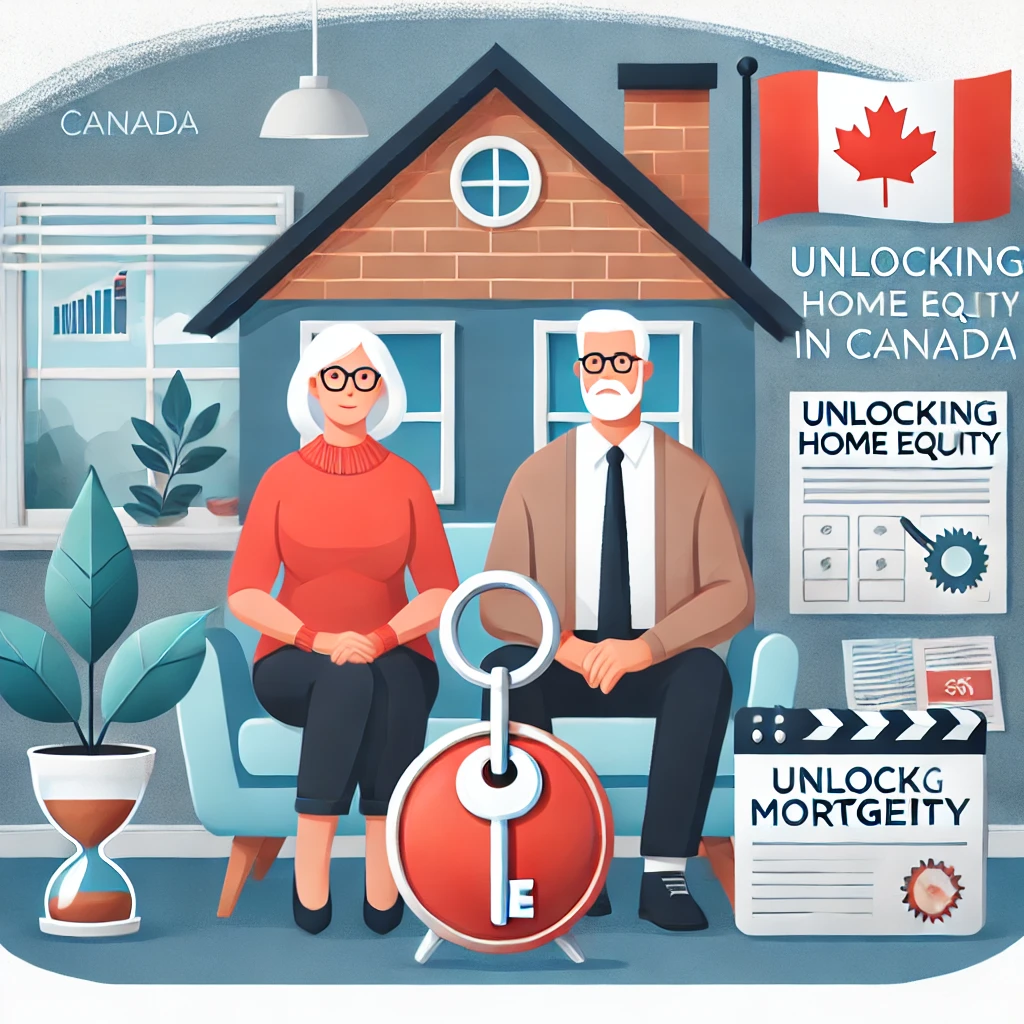Reverse Mortgage FAQ
A Reverse Mortgage is secured by the equity in your home. Unlike a traditional mortgage in which you make regular payments to someone else, a reverse mortgage pays you.
The big advantage with the Reverse Mortgage is that you do not have to make any regular mortgage payments for as long as you or your spouse lives in your home. That’s what has made reverse mortgages such a popular solution in Canada, the U.K., the U.S., Australia and other countries.
The Reverse Mortgage is designed exclusively for homeowners age 55 and older. This age qualification applies to both you and your spouse.
You can choose how you want to receive the money. The Reverse Mortgage gives you the option of receiving all the money you’re eligible for in one lump sum advance, or you can take some now and more later, or you can receive planned advances over a set period of time. Planned advances are available on the Income Advantage product.
Reverse mortgage rates, fees, and regulations
Yes, you must be at least 55 years old to qualify for a reverse mortgage.
Some of the banks charges a one-time set-up fee of $995. Much like a regular mortgage, there are additional appraisal and Independent Legal Advice fees that come with closing a reverse mortgage. Different fees apply per lender a agent from Citadel Mortgages will explain based on lender choosen.
There is a setup fee of $995.00, which will be deducted from the initial advance. Different fees apply per lender a agent from Citadel Mortgages will explain based on lender choosen.
Reverse mortgage planning
Since the Reverse Mortgage is meant for long-term lending with no quantified term, the due date of the mortgage is established on the occurrence of the earliest of any of these events:
- Sale or transfer of the property
- Default
- When the last borrower moves into a long-term care or retirement residence
- When the last borrower passes away
1Subject to certain conditions.
- Principal and accrued interest
- Default expenses, if any
- Fees and costs
- Prepayment charge, if any
The appraised value of your home must be at least $250,000.
At any time, the remaining equity on your home will depend on the difference between the home’s current value and the amount owing on the reverse mortgage.
Provided you have met your mortgage obligations, the amount you owe to the bank on the due date will not exceed the fair market value.
Fair market value is the amount that would be paid on the open market, on the applicable date, to buy the property, assuming there are no legal claims against the property. This value would be established by a certified home appraiser.
Get in touch with your Reverse Mortgage expert today.

